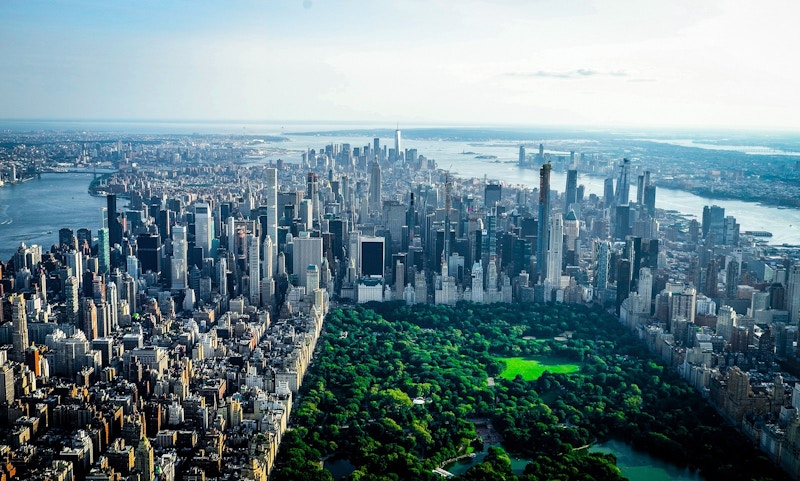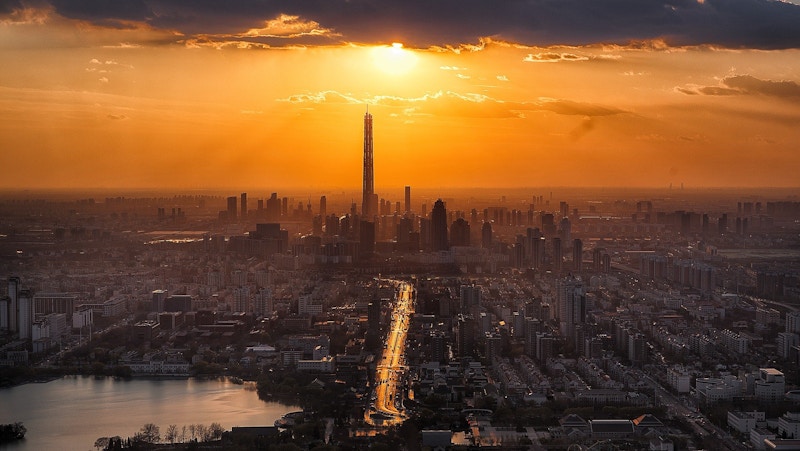So what exactly determines a connection with nature? The University of Essex describes a connection with nature as the ‘enjoyment of nature’, ‘sense of oneness’ and ‘sense of responsibility’ After speaking with London residents the consensus seems to be that nature is a luxury, that a connection to nature is something everyone wants, but too few have. In England alone, low-income urban communities are 10 times less likely to live in green areas compared to an affluent counterpart
Considering nature as a luxury is only one part of the problem, on the 7th of February 2010, a poll conducted for the BBC World Service found that almost four in five internet users around the world felt that access to the internet was a fundamental right. Yet over 50% of the global population has limited access to, and or, a “disintegrating connection with nature”. This is where the underlying environmental impact of urban culture resides, our society has become so disconnected from nature, that no one feels for or cares about it. In 2004, Mayer and Frantz stated that ‘if people feel connected to nature, then they will be less likely to harm it, for harming it, would in essence be harming their very self’. Without this connection, urbanites become emotionally uninvolved with anthropogenic impact and lack conviction with regard to reducing their environmental footprint. As stated by J R Miller ‘collective ignorance lead to collective indifference’.



